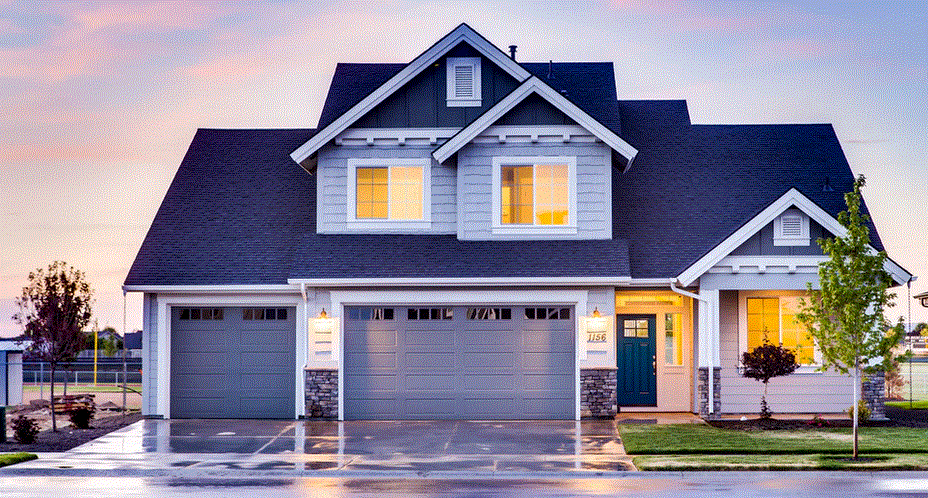UNITED STATES - The internet has become a modern-day town square, and lately, property tax has been a hot topic of conversation. Across social media platforms and community forums, people from all walks of life debate the fairness and necessity of these taxes. Everyone seems to have an opinion on this age-old issue, from middle-class families to the very wealthy.
At the core of the property tax debate is a simple question: is it right to continuously tax people on property they've already bought and paid for? This issue resonates particularly strongly with older people, who often live on fixed incomes and can find these yearly payments a significant burden.
Platforms like Bluesky, X, Reddit, and local forums are buzzing with frustrated homeowners. Many argue that property taxes are regressive, meaning they take a more significant percentage of income from low-income earners. They question why they should pay for something they own, significantly when property values (and therefore taxes) have risen dramatically in some areas.
Exploring Alternatives: Is There a Better Way?
The online conversation has also sparked interest in alternative tax systems. Some argue for a land value tax, which would tax only the value of the land itself, not any buildings or improvements. Supporters believe this would discourage land hoarding and encourage development, leading to more equitable land use and housing availability.
Others suggest implementing property tax exemptions or caps, particularly for the elderly and long-term residents. These could be homestead exemptions or a tiered system that adjusts tax rates based on income or how long someone has lived in their home.
The Counterargument: Why Property Taxes Matter
Of course, there are strong counterarguments in favor of property taxes. Supporters emphasize their vital role in funding local services like schools, roads, and emergency responders. They argue that these services would decline without property taxes, especially in areas with limited alternative revenue sources. They also worry that eliminating or drastically reducing property taxes would shift the burden to other forms of taxation, potentially hurting lower-income individuals through increased sales or income taxes.
Property Taxes and Wealth Inequality
The online debate has also touched on broader issues like wealth inequality. Some see property taxes as a way to redistribute wealth and create more equitable communities. However, others view them as an infringement on property rights or an unfair penalty for success.
The online discussion about property tax reform goes beyond just dollar amounts on a tax bill. It delves into fundamental questions about fairness, community well-being, and economic policy. As more people join the conversation, it could change how property taxes are handled in the United States. The key is finding a system that balances the need for public funding with the concerns of homeowners, ensuring that the system benefits the community without overburdening its residents.
